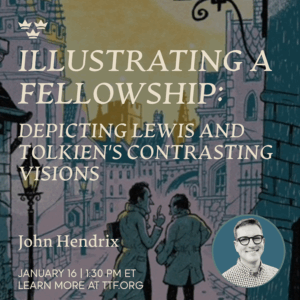In his Weekly Standard cover story on Allan Bloom’s book “The Closing of the American Mind” 25 years later, Andrew Ferguson writes of Bloom, “As well as anyone then or now, he understood that the intellectual fashion of materialism of explaining all life, human or animal, mental or otherwise, by means of physical processes alone had led inescapably to a doctrinaire relativism that would prove to be a universal corrosive.”
Ferguson adds,
The crisis was—is—a crisis of confidence in the principle that serves as the premise of liberal education: that reason, informed by learning and experience, can arrive at truth, and that one truth may be truer than another. This loss of faith had consequences and causes far beyond higher ed. Bloom was a believer in intellectual trickle-down theory, and it is the comprehensiveness of his thesis that may have attracted readers to him and his book. The coarsening of public manners, the decline in academic achievement, the general dumbing down of America—even Jerry Springer—had a long pedigree that Bloom was at pains to describe for a general reader.
“[College students] are united only in their relativism,” he wrote. “The relativity of truth is not a theoretical insight but a moral postulate.”
Relativism, in fact, was the only moral postulate that went unchallenged in academic life…What follows when a belief in objectivity and truth dies away in higher education? In time an educated person comes to doubt that purpose and meaning are discoverable…he doubts, finally, that they even exist.
I think Professor Bloom was only partially right. It’s quite true that an unwillingness to believe in objective moral truth is widespread in the academy and among those on the left—but only on certain issues. On other matters -gay rights and same-sex marriage, race-based affirmative action, a constitutional right to an abortion, gun control, Enhanced Interrogation Techniques, Guantanamo Bay, rendition, the right to a Palestinian state, anthropological global warming, the Tea Party v. the Occupy Wall Street movement, Rush Limbaugh v. Sandra Fluke, and others—those on the left don’t believe truth is relative. They believe, in fact, that their positions are right, moral, and objectively true and better. If a social conservatives debates a social liberal on gay marriage, the odds are quite high that the latter will not say to the former, “Your values are as good as mine. Truth is relative. Who am I to judge?” If you ask liberals “whose truth?” they will gladly tell you, “my truth.”
The problem is that many modern-day liberals can’t quite tell you why their truth is superior to the one embraced by conservatives. They might invoke fairness, though without being able to anchor it in anything permanent or normative. But they are not relativistic or especially tolerant of views they consider to be unenlightened, benighted, and primitive. Quite the opposite, in fact. Ask liberal New York Times columnists about Rick Santorum’s social views and you’ll get more than a shrug of the shoulders.
Their relativism, then, is selective, a moral postulate in some circumstances but not others. It turns out that even relativism is little more than an instrument to advance an ideology.
Peter Wehner is a senior fellow at the Ethics and Public Policy Center.

